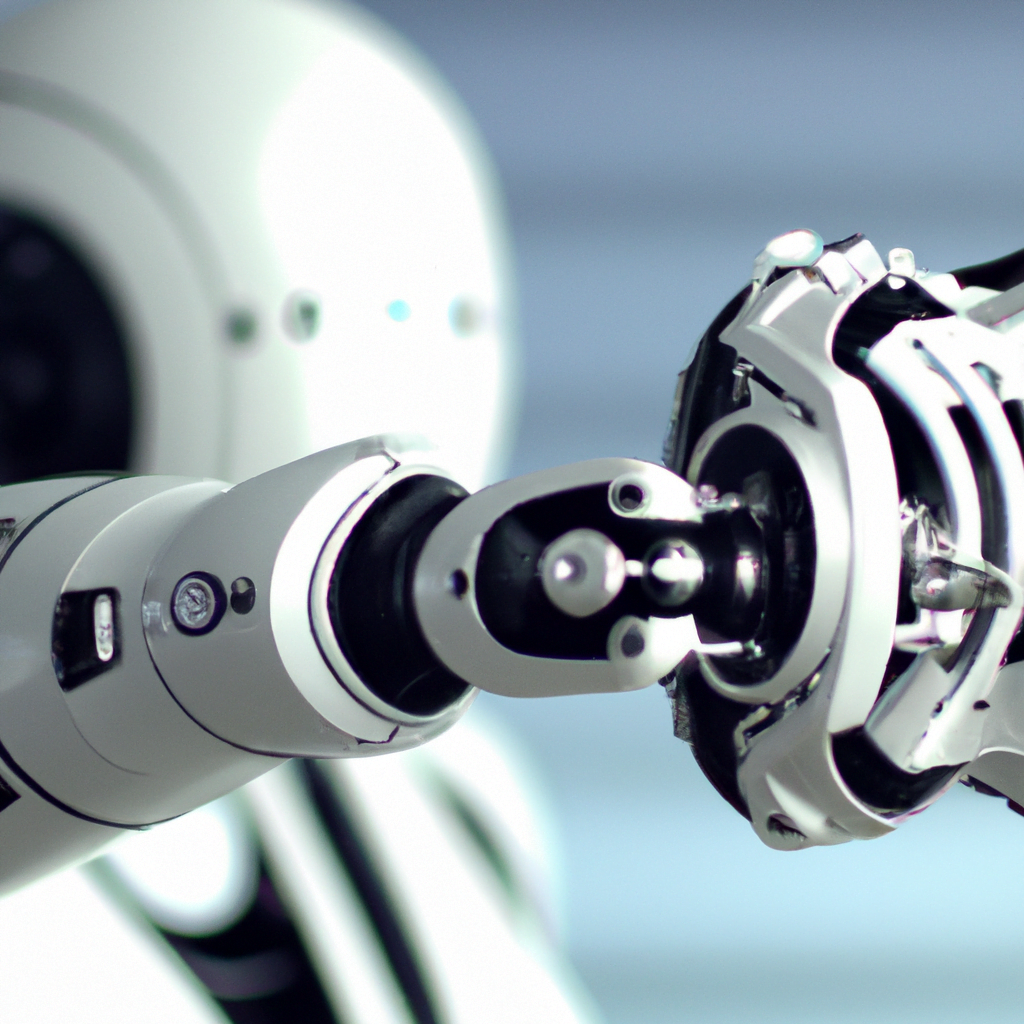The role of AI in supporting students with disabilities
Students with disabilities may face challenges in their education, such as difficulty reading, writing, or communicating. But with the help of AI, they can overcome these challenges and succeed in their studies.
What is AI?
AI stands for Artificial Intelligence. It is a technology that enables machines to learn and perform tasks that would normally require human intelligence, such as recognizing images or understanding language.

How AI Helps Students with Disabilities
Personalized Learning
AI can provide personalized learning experiences that cater to each student’s unique learning style and abilities. For example, AI can create individualized lesson plans, offer adaptive quizzes and games, and provide real-time feedback to help students learn at their own pace.
Accessibility
AI can make education more accessible for students with disabilities. For instance, text-to-speech and speech-to-text technologies can help students with visual or hearing impairments to read and write. Moreover, sign language recognition software can aid students who are deaf or hard of hearing, while Braille displays can assist students who are blind or visually impaired.
Communication
AI can help students with communication disabilities to interact with their peers and teachers. For instance, speech recognition software can convert spoken words into text, which can then be displayed on a screen for others to read. Similarly, chatbots can help students with autism to communicate in a structured and predictable way.
Assistive Technology
AI can serve as assistive technology for students with disabilities. For example, exoskeletons powered by AI can help students with mobility impairments to move around and participate in physical activities. Similarly, smart glasses equipped with AI can assist students with visual impairments to navigate their surroundings and access information.
Conclusion
In conclusion, AI has the potential to revolutionize education for students with disabilities. By providing personalized learning experiences, increasing accessibility, facilitating communication, and serving as assistive technology, AI can help these students overcome challenges and achieve academic success.




